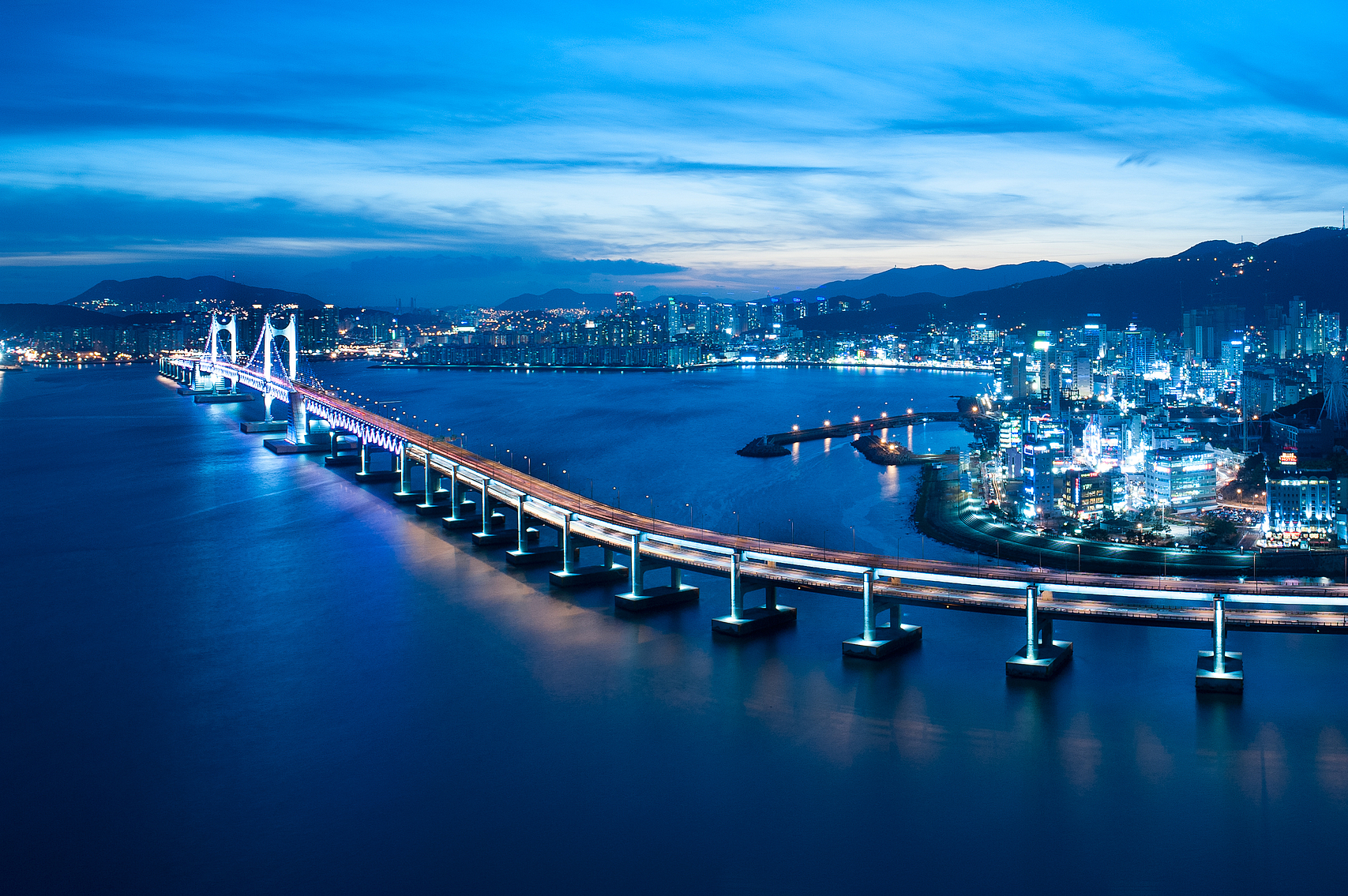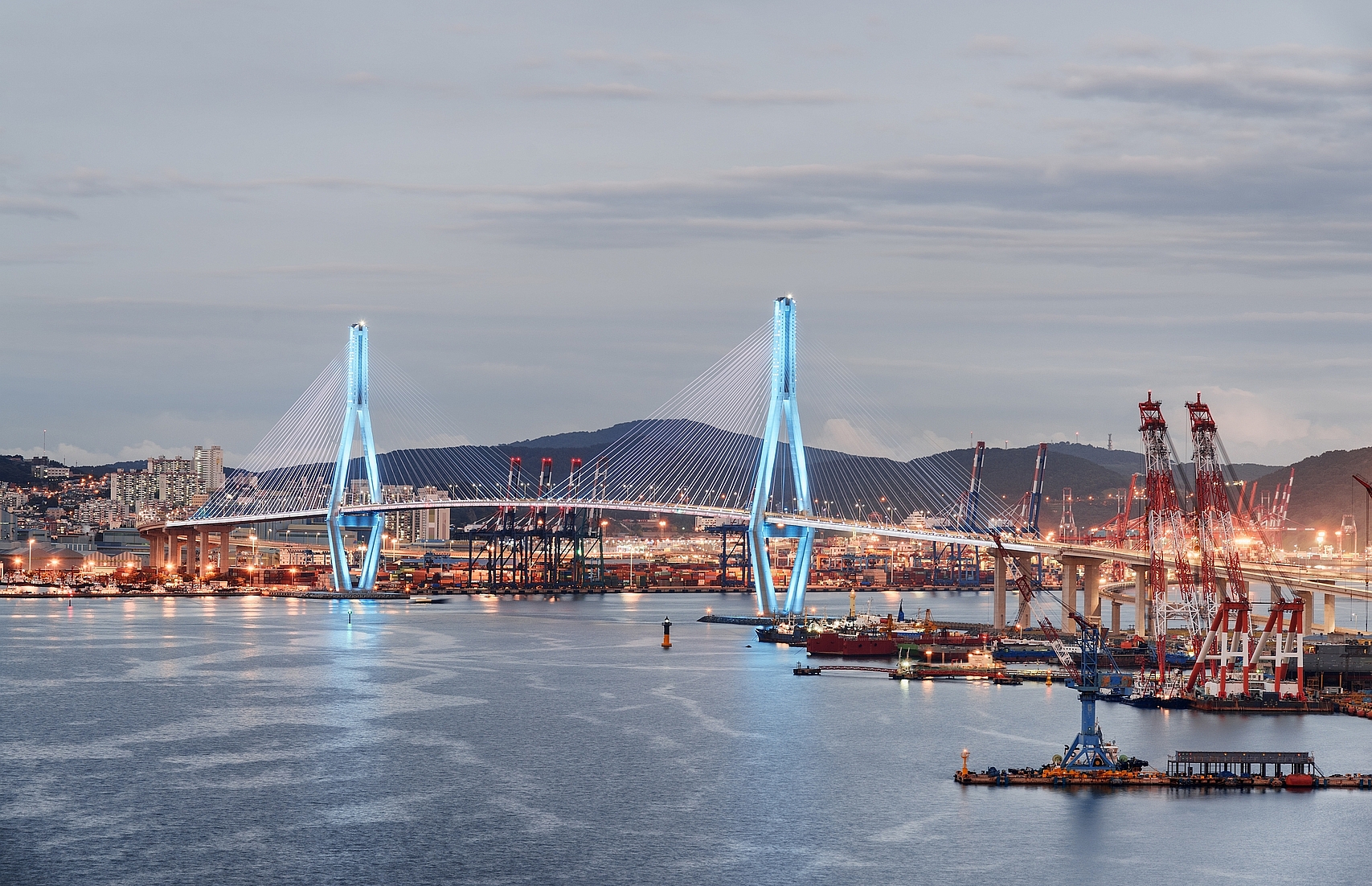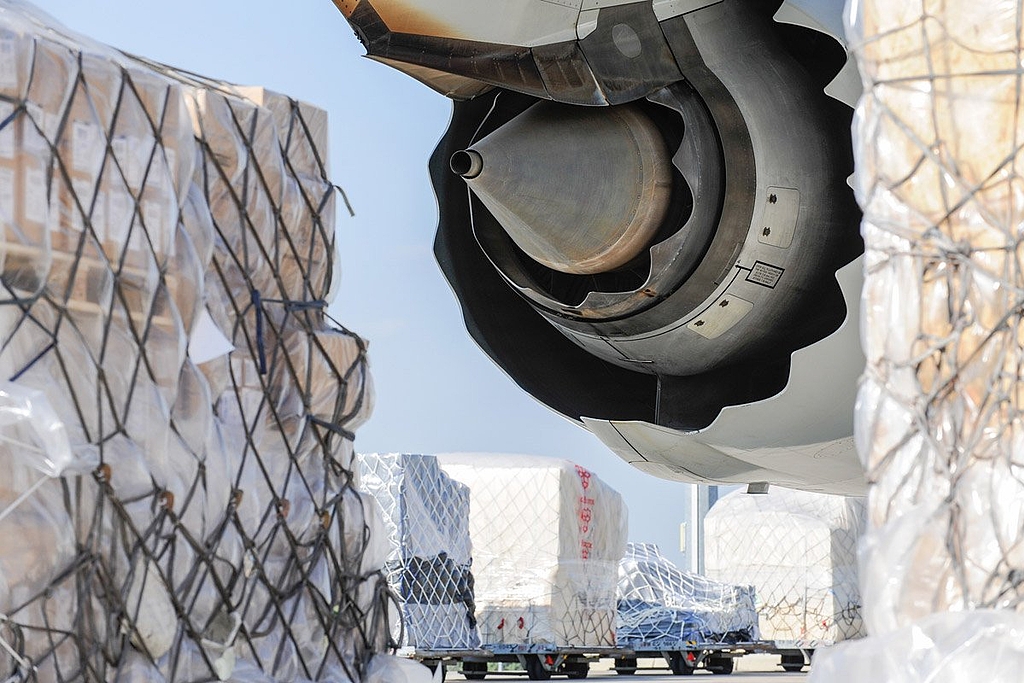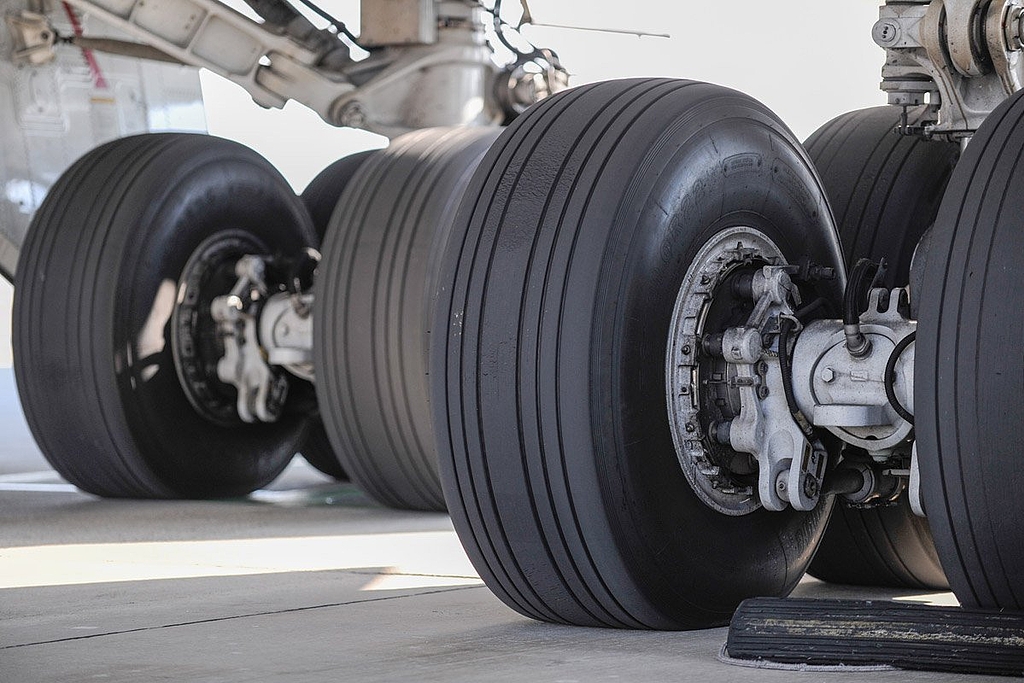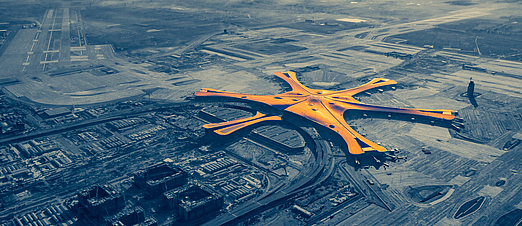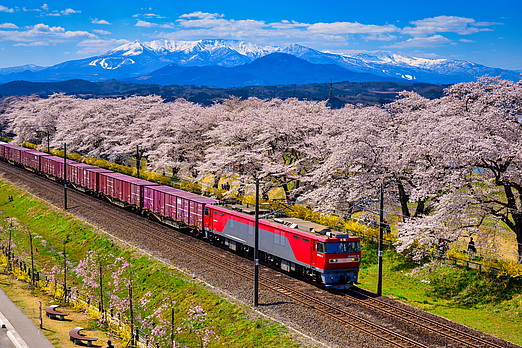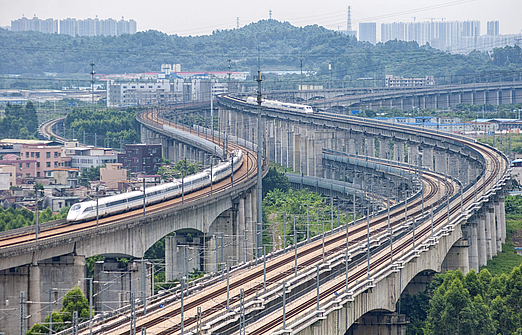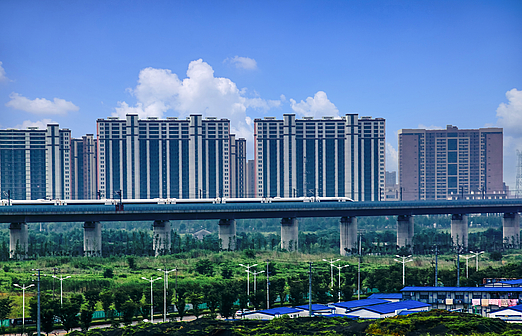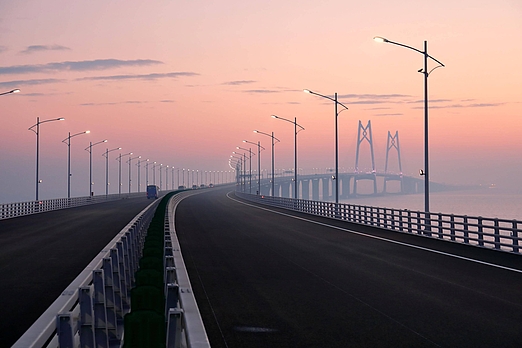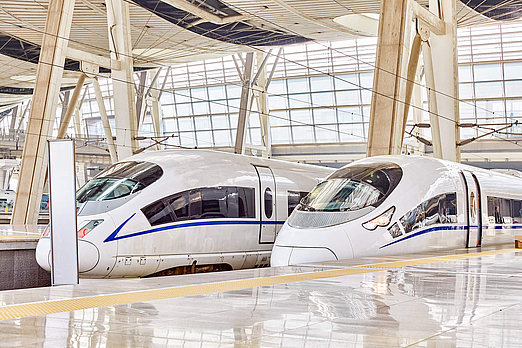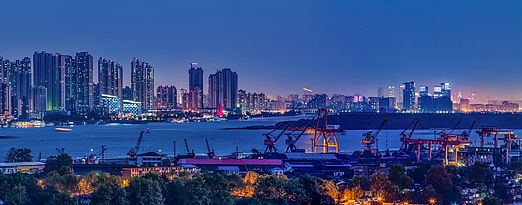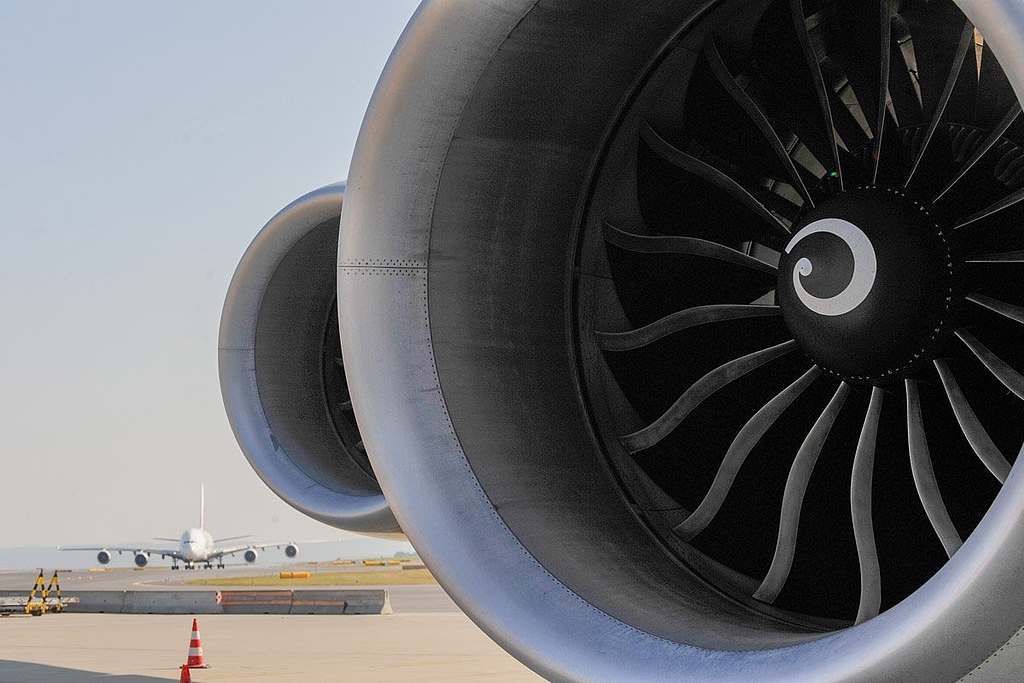Hi-tech nation and economic powerhouse
South Korea – more than kimchi and K-pop
- Facts
In recent decades, South Korea has captivated the world with its vibrant pop culture: from binge-worthy TV dramas and dazzling music videos to deliciously spicy street food. But beneath this cultural spotlight lies a true logistics powerhouse with a fascinating history and an impressive commitment to quality, performance, and personal trust. Learn more about the significance of Han River in forging ancient trade routes, the challenges overcome in constructing Incheon Airport, and the intricate art of “reading the air” in business negotiations.
